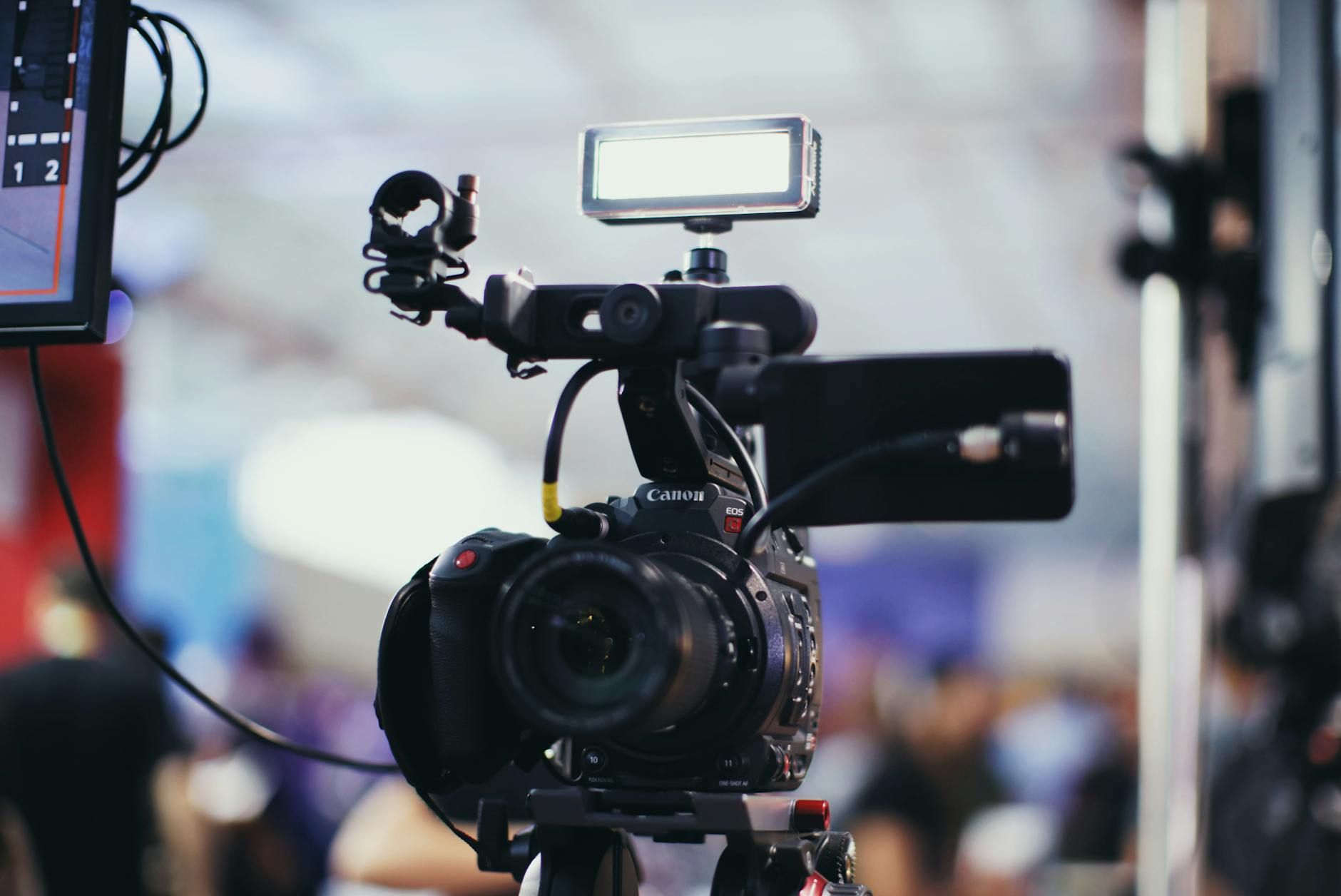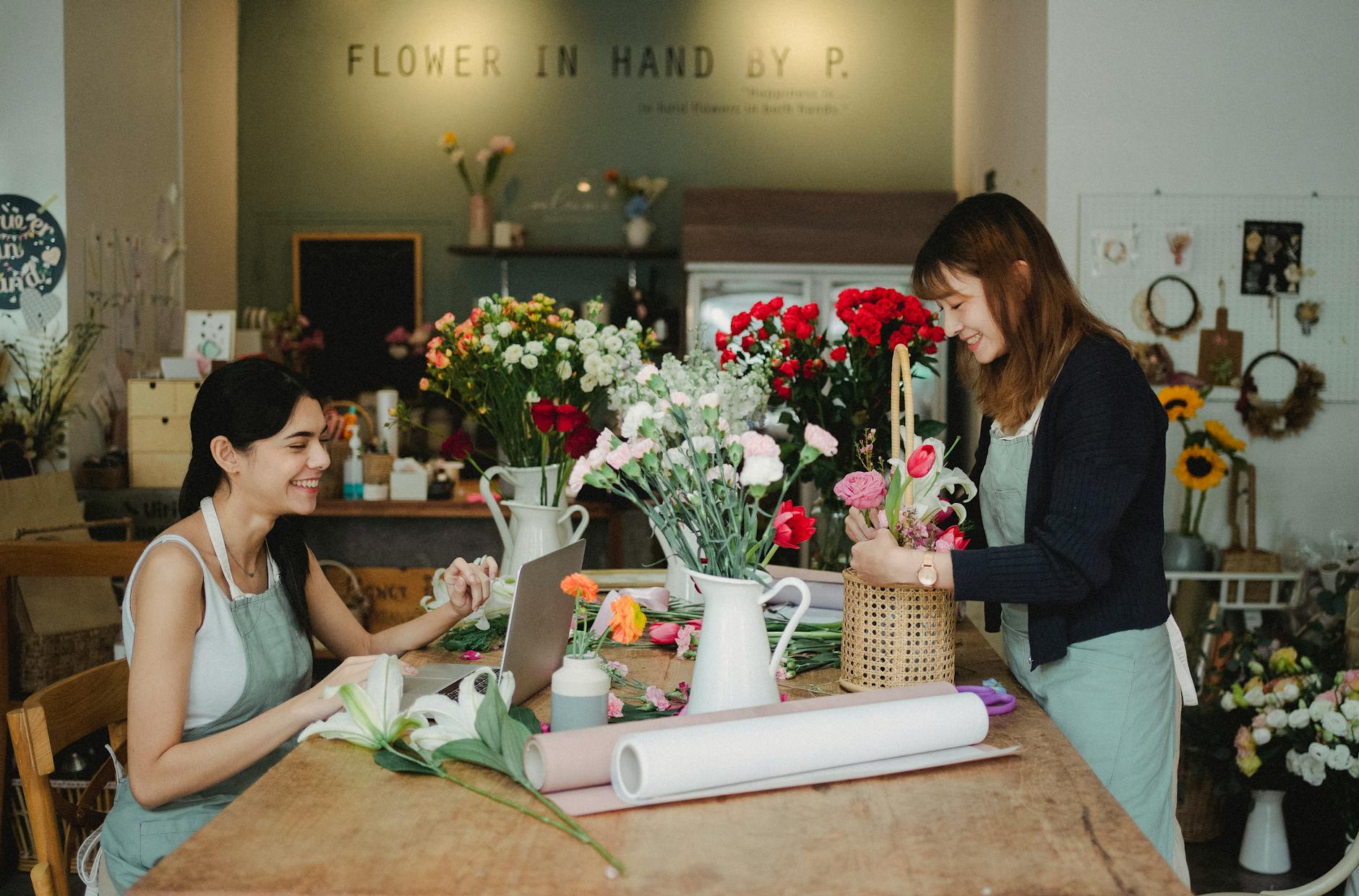How to Achieve Aesthetic Acoustic Perfection in Australia

Understanding Acoustic Basics
Principles of Sound Waves
Sound waves are the invisible force sculpting our audio environments, resonating through spaces like the acoustically stunning halls of the National Gallery of Victoria. As the talented IT Consultant Ethan Matthews might appreciate, sound waves can be likened to intricate data streams traveling through air, bouncing against surfaces and creating a symphony of reverberations. When you're determining the right components for your audio-visual system, understanding the dance of sound waves is essential. They contour around elements like an antenna tracking system, shaping how audio is experienced within a room.
Role of Frequency and Amplitude
The frequency and amplitude of sound waves directly influence how we perceive audio. Imagine them as the palette of a sound engineer, with frequency defining the pitch and amplitude dictating the volume. These two elements together create the harmonies and dynamics that can elevate a space into an audio-visual marvel. Just like choosing the right mesh radios can amplify a corporate network’s capability, selecting equipment that harmonizes frequency and amplitude can transform acoustic setups.
Sound Reflection and Absorption
Sound reflects off surfaces, creating a complex interplay of echoes and reverberations. This phenomenon can either enhance or detract from the listening experience. For example, just as the architectural wonders at Federation Square offer different visual perspectives, sound reflections add layers to how we perceive audio. Effective acoustic design involves managing these reflections and enhancing sound absorption through strategic use of materials and technology, such as innovative induction loop systems. This ensures spaces not only look stunning but sound incredible too.
Evaluating Your Space
Identifying Acoustic Challenges
Navigating the world of acoustics requires an acute understanding of your environment. Tailoring soundscaping solutions hinges on recognising the unique acoustic challenges presented by architectural features like those found in Federation Square. These challenges can include harsh reflections from hard surfaces, standing waves in large, open areas, or erratic sound dispersion due to irregular layouts. The key is to be as familiar with your space as you are with a work of art at the National Gallery of Victoria. This understanding creates the foundation for crafting an immersive home entertainment experience.
Measuring Sound Quality
With an eye for detail that mirrors the precision of a fine artwork, measuring sound quality is critical. Equip yourself with a sound level meter to check for echo, reverberation time, and background noise. These measurements help in identifying sound anomalies, laying the groundwork for effective acoustic treatment. Think of it as setting the stage with the right AV cables to guarantee seamless connections and performance.
Tailoring Solutions to Environment
Tailored solutions are crucial in transforming challenging acoustics into a harmonious ambiance. Each solution should address specific room characteristics, much like how a design boutique in Fitzroy offers unique pieces suited to individual tastes. Consider bespoke acoustic panels or strategically placed sound diffusers to enhance sound quality, allowing technology to align perfectly with aesthetic goals.
Through this thoughtful arrangement, you weave a delicate balance between visual appeal and sensory experience, crafting a narrative that resonates beautifully within your space.
Acoustic Treatment Solutions
Common Techniques and Materials
When it comes to acoustic treatment solutions, blending functionality with artistic flair can transform a space into a haven of sound excellence and visual appeal. Acoustic panels and bass traps are essential for controlling echo and improving sound clarity. These materials are ideal for both home studios and larger venues, and they can be tailored in design to fit any aesthetic vision. Whether you are seeking a minimalist look or a more artistic display reminiscent of the National Gallery of Victoria, the flexibility in design means that acoustic treatments can look as good as they function.
DIY vs. Professional Installation
Deciding between a DIY approach and hiring professionals for acoustic treatment depends largely on your expertise level and the project's complexity. For small rooms or home studios, DIY methods offer a budget-friendly option. Initiatives like installing monitors for video conferencing or basic wall panels can often be managed without professional assistance. However, for larger spaces with intricate design requirements, like theatre rooms or open office plans, engaging professionals ensures precision and optimized acoustic performance.
Maintenance of Acoustic Enhancements
Keeping your acoustic treatments in top condition goes beyond the initial installation. Regular maintenance, such as dusting and inspecting for wear, ensures they perform optimally. Investing in quality paging systems can also enhance sound distribution, ensuring the reverberations match your desired specifications. Remember, a well-maintained acoustic setup not only preserves sound performance but also complements the architectural brilliance of spaces like those found in Federation Square.
Integrating Modern Technology
Smart Acoustic Devices
When it comes to transforming your space into an acoustic masterpiece, modern technology offers an array of intriguing tools. The use of pro audio equipment serves as a cornerstone for optimizing the quality of sound within any environment. It is crucial to consider devices that not only enhance sound quality but also complement the aesthetic of your space. Whether you're setting up a high-end home studio or refining an open-plan office, contemporary audio systems provide seamless integration and superior performance.
Balancing Aesthetics with Functionality
Striking the right balance between style and utility is an art form in itself. When curating a space, the design elements should work harmoniously with acoustic functionality. Take inspiration from Melbourne’s vibrant design scene, where style meets substance at every corner, from the chic boutiques of Fitzroy to the cutting-edge architectural marvels of Federation Square. The beauty of modern acoustics lies in its capacity to merge functional elegance with auditory excellence, ensuring that your space is both visually and sonically pleasing.
Leveraging Australian Innovations
Australia's innovations in broadcast solutions are redefining the standards of sound management. By incorporating these local advancements, one can achieve a higher level of auditory excellence that complements the visual aesthetics of the space. Technologies that originated from Australia's inventive spirit offer enhanced compatibility with existing systems, ensuring a seamless blend of old and new elements. Embracing such innovations not only enriches your acoustic environment but also supports local ingenuity.
Avoiding Mistakes for Optimal Acoustics
Room Dynamics Matter
A major misstep in acoustic enhancement is overlooking the unique characteristics of the room itself—its size, shape, and the manner in which sound interacts within it. Imagine the striking interior of the National Gallery of Victoria. Its clever use of space demonstrates how architecture communicates with sound, highlighting key details while subduing others, creating a harmonious auditory experience. Each room in your home possesses its own intrinsic dialogue with sound. When planning your acoustics, remember to account for these room dynamics, just as if you were curating an exhibit meant to be both heard and seen.
Soundproofing Essentials
Another common blunder is disregarding the fundamental principles of soundproofing. Spaces need the right balance of absorption and reflection to prevent echoes while enhancing audio clarity. It is akin to the acoustic design employed in the vibrant and historical precincts of Federation Square; where noise control ensures each note of a jazz ensemble or gallery talk remains crystal clear. Select materials that efficiently block and absorb sound, such as acoustic panels that blend seamlessly into your design aesthetic, elevating both form and function.
Keep Improving
Finally, a lapse in acoustic maintenance could dampen the experience. As any connoisseur visiting Fitzroy's eclectic design boutiques will tell you, design and technology evolve. Treat your acoustic setup like an ongoing art project; regularly update and fine-tune it. Such enhancements are akin to breathing new life into a cherished painting, ensuring your space remains an auditory masterpiece that inspires and captivates.


